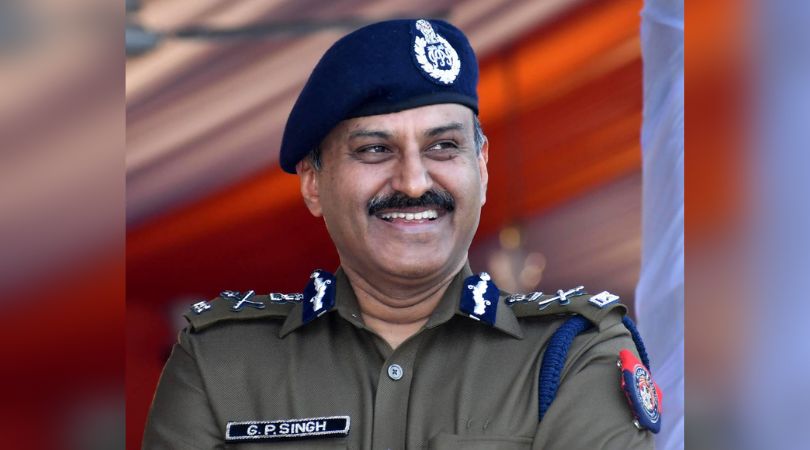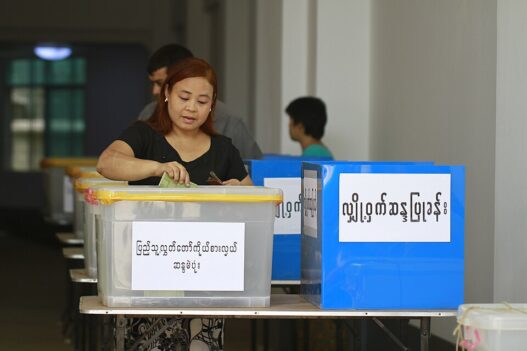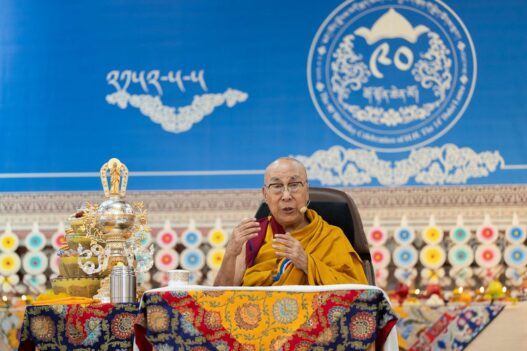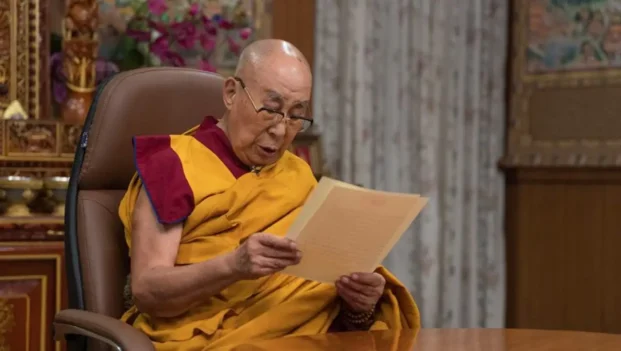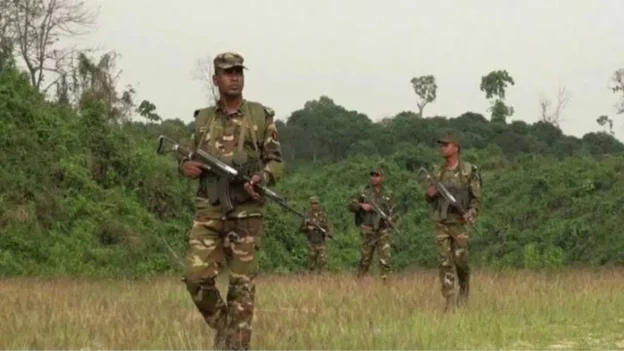According to high-ranking police officers, when individuals in a particular region have similar aspirations, it can result in problems such as insurgency. This has been the case in Assam, where armed rebellions over the past three and a half decades have caused the loss of more than 8,000 lives.
At the ongoing Y20 summit, the Director General of Police in Assam, Gyanendra Pratap Singh, spoke about the government’s efforts to address the issue of insurgency in the state. He stated that the strategy focuses on addressing the parallel aspirations of the people. Singh emphasized that the government has shifted its understanding and is now recognizing the various aspirations of the people. He added that the problem of insurgency is not simply about resolving conflicts and differences, but rather, it requires identifying and addressing these differing aspirations.
According to Singh, insurgency occurs when people in a specific region have similar or entirely different aspirations and resort to violence to fulfill them. The government is taking a comprehensive approach to addressing these aspirations and promoting reconciliation, which has led to peace returning to Assam. However, the easy flow of weapons from foreign countries sharing borders with Assam and the northeast region has led to a need to disarm the area. Although peace has largely been restored in Assam, with the withdrawal of the AFSPA from most parts, it is still present in some districts of Upper Assam due to the state’s proximity to the international border and its border with Arunachal Pradesh. The AFSPA is currently only applicable to approximately 27-28% of Assam.
During the event, the Additional Director General of Police (Special Branch), Hiren Chandra Nath, explained that youths are drawn towards militancy due to feelings of deprivation, alienation, and neglect. Over the past three and a half decades of insurgency in Assam, the cost of this violence has resulted in the loss of over 4,000 civilians, 3,000 militants, and 1,000 security personnel. The Assam Police are utilizing a four-pronged strategy to deal with armed rebellions, which includes ongoing operations, constant negotiation, ceasefire, and community policing. Nath also emphasized various central and state-level programs aimed at rehabilitating surrendered militants in the state, including financial assistance.
One of the panelists, a surrendered United Liberation Front of Asom (ULFA) militant named Bipul Kalita, also known as Pradip Bharali, stated that only a small percentage (2%) of the state’s population supported their armed struggle for sovereignty. After spending 14 years in the banned group, he left and now runs an NGO focused on garbage collection. The NGO goes door-to-door collecting garbage, mainly from medical colleges and hospitals, and disposing of it in an environmentally safe manner.
Another former militant of the National Democratic Front of Boroland (NDFB), Binual Warry, shared that the main reason he joined the militant movement was due to feeling left behind while the rest of the world was advancing and developing. He acknowledged that their decision to join the movement was wrong and resulted in the waste of lives and destruction of property.

